From the Pastor’s Desk
Dear St. Mary’s Parishioners:
As you know, we have been chanting the “Ordinary of the Mass” (Lord Have Mercy, Gloria, Holy Holy, Lamb of God) at some of our 8 weekend Masses. As I mentioned in this column on August 8th, the reason for chanting the Latin Mass parts is grounded in the desire to be more in conformity with the mind of the Church in this regard. Perhaps, some think the Second Vatican Council did away with Latin in the Mass. However, that is not true. One of the first documents of Vatican II, the “Constitution on the Sacred Liturgy” or Sacrosanctum Concilium (translation: “This Sacred Council”) permitted some of the Mass to be prayed in the vernacular or mother tongue of the people. Yet, it still underlined the importance of retaining the practice of praying the Ordinary in Latin. With this week’s article, I would like to address a couple of points regarding this in a question and answer format.
Didn’t Vatican II get rid of Latin in the Mass?
Vatican II did not get rid of Latin in the Mass. In fact, Sacrosanctum Concilium (SC), paragraph 36, states the following:
1. Particular law remaining in force, the use of the Latin language is to be preserved in the Latin rites.
2. But since the use of the mother tongue, whether in the Mass, the administration of the sacraments, or other parts of the liturgy, frequently may be of great advantage to the people, the limits of its employment may be extended. This will apply in the first place to the readings and directives, and to some of the prayers and chants, according to the regulations on this matter to be laid down separately in subsequent chapters.
3. These norms being observed, it is for the competent territorial ecclesiastical authority mentioned in Art. 22, 2, to decide whether, and to what extent, the vernacular language is to be used; their decrees are to be approved, that is, confirmed, by the Apostolic See. And, whenever it seems to be called for, this authority is to consult with bishops of neighboring regions which have the same language.
4. Translations from the Latin text into the mother tongue intended for use in the liturgy must be approved by the competent territorial ecclesiastical authority mentioned above.
In other words, while Vatican II certainly permitted that the Mass and the other sacraments be celebrated in the vernacular, it is clear that the intent of the Council was that the use of Latin would be retained. As you may know, the Roman Missal that we use presently is the third edition since Vatican II. The “Third Typical Edition” was made available in Latin in 2002. The English translation, based on the Latin Roman Missal, was approved for use in 2011 and the Spanish translation in 2018. Until 2011, we had been using, more or less, the same translation of the Missal in English and Spanish since the “First Typical Edition” in 1970. I say “more or less” because in 1975 a “Second Typical Edition” was promulgated that corrected a few errors in the 1970 edition.
I thought chanting the Ordinary or the Mass parts in Latin was only for monks, sisters or priests. Are the faithful in the pews at Sunday Mass supposed to chant the Latin also?
SC, 54 explains the following:
In Masses which are celebrated with the people, a suitable place may be allotted to their mother tongue. This is to apply in the first place to the readings and “the common prayer,” but also, as local conditions may warrant, to those parts which pertain to the people, according to the norm laid down in Art. 36 of this Constitution. Nevertheless, steps should be taken so that the faithful may also be able to say or to sing together in Latin those parts of the Ordinary of the Mass which pertain to them. (boldface mine) And wherever a more extended use of the mother tongue within the Mass appears desirable, the regulation laid down in Art. 40 of this Constitution is to be observed.
In other words, steps should be taken so that the faithful may be able to say or sing together the Mass parts in Latin. At St. Mary’s, we are trying to take these baby steps. For example, I have given instructions that the Latin, along with the vernacular, be printed in the worship aids. I know change is hard, but it will get easier as time goes by.
More on this next week! Until then, may you have a week filled with many blessings!
In Christ,
Father Berg
